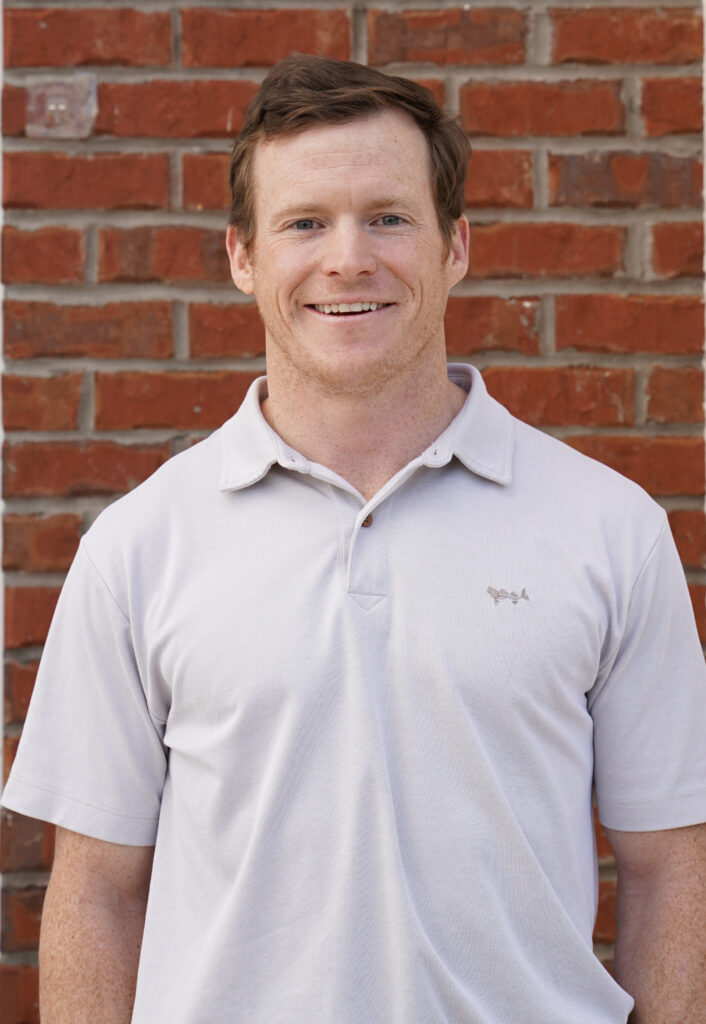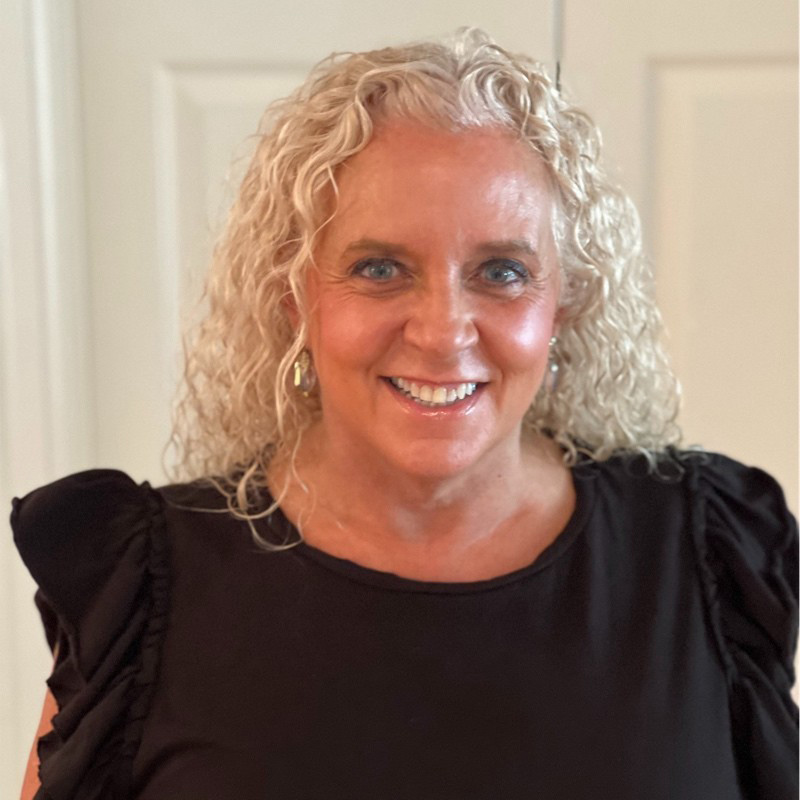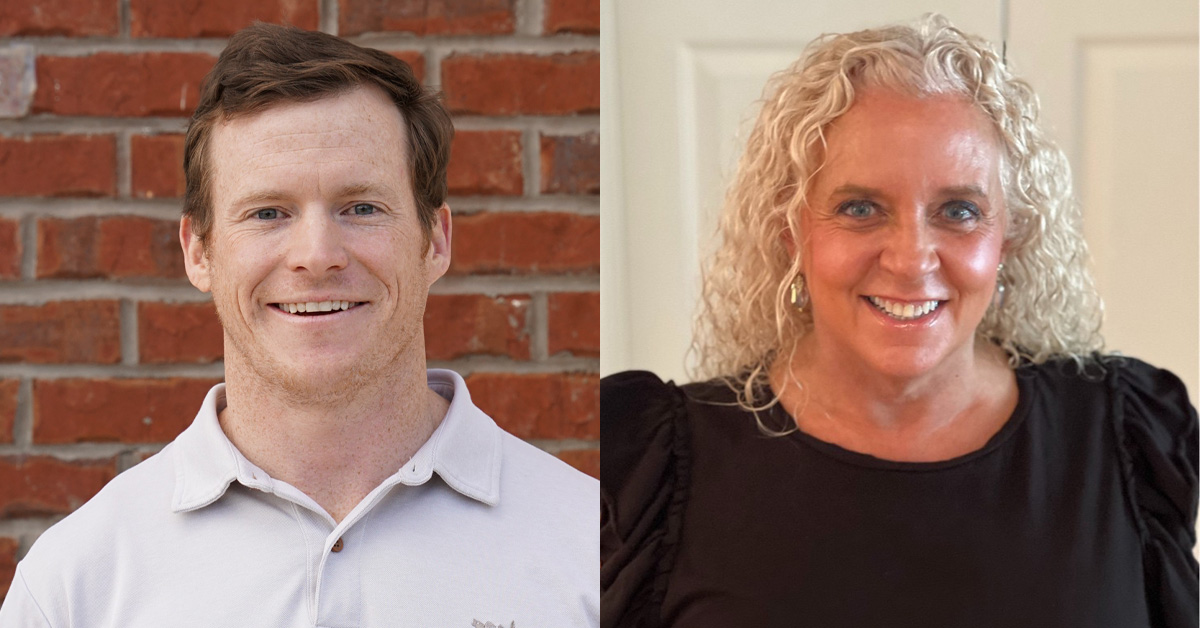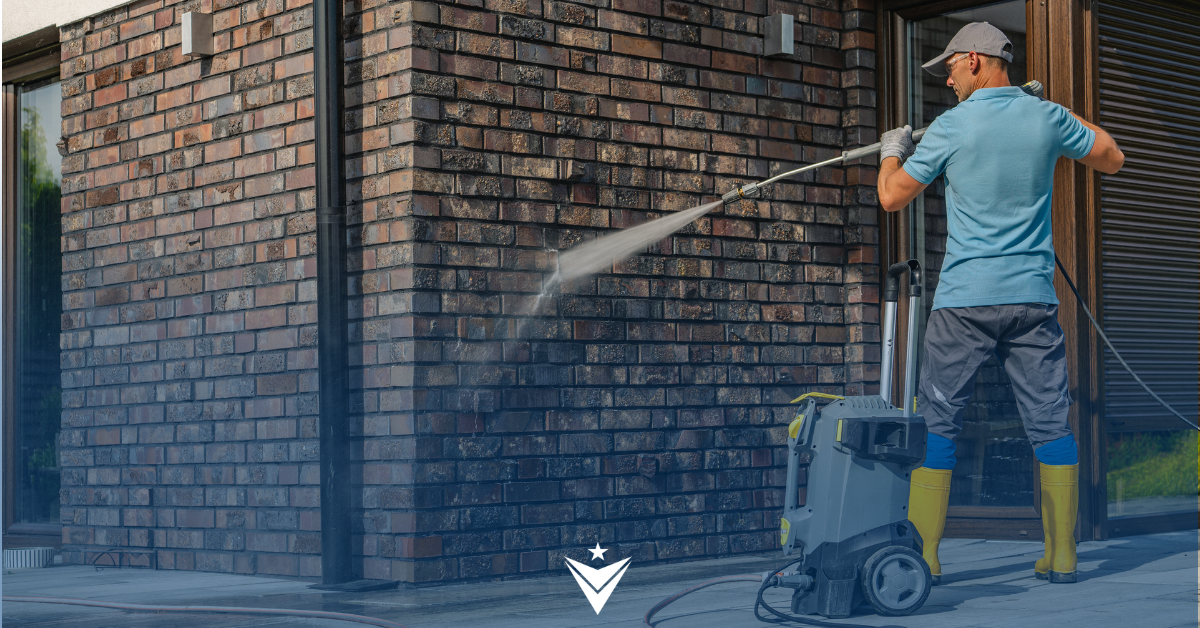By Hailey Brindamour, ACP
For many Veterans and separating Service Members, starting a business is an appealing career prospect. According to the US Census and the Small Business Administration (SBA), Veteran-owned small businesses employ over 3 million workers and generate over $900 billion in annual revenue. Without experience, though, starting a business from the ground up can be daunting. For many Veterans, franchising is an attractive option that strikes a balance between entrepreneurship and employment, as it offers ownership within a pre-existing support structure. Working with an American Corporate Partners (ACP) Mentor is a natural step in determining whether franchising is right for you.
Why franchising?
Veterans possess the skills and experience to successfully operate a franchise, says Brent Green, an Army Veteran and ACP Protégé who is now the Director of Operations for Hydralive Therapy. “You have a mission and a team as you did in the military,” Green says. Because franchisors already have their process in place, “your approach is already outlined…Your military experience helps you implement appropriate processes and procedures.” As operations director, he calls on his background in Army logistics, inventory management, and more. “It was a natural transition to franchising,” explains Green.
Deb Tandy, an ACP Mentor and previous franchisee, is also enthusiastic about Veterans pursuing franchising. “Military experience provides valuable business skills applicable to franchise ownership, including leadership, discipline, teamwork, and problem-solving,” says Tandy, who now runs Access Franchise Consulting and helps prospective franchise owners find the right fit. “[In franchising,] Veterans can leverage their skills in a new mission – business ownership.”

Understand the commitment
Before making the decision to franchise, it is important to consider the potential benefits and drawbacks. “Expect to spend a significant amount of time in or on the business, especially during the first year or two,” Tandy advises. “The most successful franchises have engaged owners who understand every aspect of the business.” She outlines the upsides to franchising, including a relatively low startup cost, an established brand, and a smaller risk than venturing out on your own.
Finances are one of the most important considerations for prospective franchisees. Tandy cautions Veterans to be smart about their financial stake in the business. Start-up costs can range from tens to hundreds of thousands of dollars; keep on the lower end where you can. Tandy believes it’s better to borrow against existing assets than to drain all your liquid cash.
“Home services brands are a great place to start, as they provide a service that fills a community need” and have a lower start-up cost, she notes. Much like with house-hunting, getting pre-approved for an SBA or other loan will expedite the process once you do decide to commit. Counselors at the SBA’s many Veteran Business Outreach Centers, or VBOCs, can help guide you on best practices for funding your business and connect you with local lenders.
Find the right fit
Like choosing the right MOS or rate can determine your long-term career satisfaction, finding the franchise opportunity that’s best for you will determine your business success. Joel Fragale, retired US Navy Officer and current ACP Mentor, began his franchising journey while he was still active duty. “Do your due diligence,” says Fragale, who looked for a strong support and training program along with assistance with hiring, contracting, and marketing. He adds, “Know whether you want to have an oversight or operational role,” since some franchisors require more hands-on involvement than others.
You’ll have the most success with a business that draws on your pre-existing passions. Using a career self-assessment can help you identify your strengths and interests and what industries those might align with. Tandy, who describes her role as a matchmaker between franchisors and franchisees, wants her clients to be excited about going to work every day, outside of the opportunity to build wealth and assets.

Go on a fact-finding mission
Green, Fragale, and Tandy all emphasize the importance of thoroughly researching a company before you sign on. Consider a company’s footprint – larger franchisors might have stronger name recognition and more well-established SOPs, while smaller ones, like Hydralive, can offer greater opportunity for growth and seniority.
Regardless of size, always do your due diligence: Talk to existing franchisees and regional directors, know the right questions to ask, and scrutinize the Franchise Disclosure Document. “I also recommend hiring a franchise attorney to review [the documents] before you sign anything,” says Tandy. For franchises with a physical location, Fragale adds, “Be very intentional about selecting your location” – the Golden Rule of real estate also applies in business.
Get impartial advice
Deciding whether to enter the franchise world is a big decision, and you don’t have to make it alone. ACP offers no-cost, year-long mentorships with experienced Mentors who can help you find the right path. Our Ventures Program is tailored to support our entrepreneur Protégés and includes access to the ACP Village, an online community where all Veterans and Military Spouses can find resources, events, and community. Learn more, check your eligibility, and apply now to get started!






